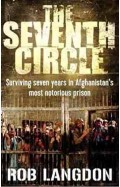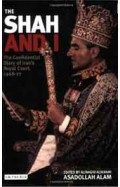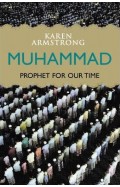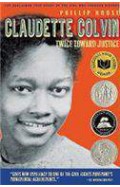The Afghan Napoleon: The Life of Ahmed Shah Massoud
By: Sandy Gall
-
Rs 6,295.00
Due to constant currency fluctuation, prices are subject to change with or without notice.
Zubin Mehta: A Musical Journey (An Authorized Biography)
By: VOID - Bakhtiar K. Dadabhoy
Rs 840.00 Rs 1,050.00 Ex Tax :Rs 840.00
The Seventh Circle: Surviving Seven Years in Afghanistan's Most Notorious Prison
By: Robert Langdon
Rs 1,075.50 Rs 1,195.00 Ex Tax :Rs 1,075.50
The Shah and I The Confidential Diary of Irans Royal Court
By: N/A
Rs 5,395.50 Rs 5,995.00 Ex Tax :Rs 5,395.50
Elon Musk: How the Billionaire CEO of SpaceX and Tesla is Shaping our Future
By: Ashlee Vance
Rs 1,695.00 Ex Tax :Rs 1,695.00
Whiskey Tango Foxtrot : Strange Days in Afghanistan and Pakistan
By: Kim Barker
Rs 1,160.00 Rs 1,450.00 Ex Tax :Rs 1,160.00
The Seventh Circle: Surviving Seven Years in Afghanistan's Most Notorious Prison
By: Robert Langdon
Rs 1,075.50 Rs 1,195.00 Ex Tax :Rs 1,075.50
The Shah and I The Confidential Diary of Irans Royal Court
By: N/A
Rs 5,395.50 Rs 5,995.00 Ex Tax :Rs 5,395.50
No recently viewed books available at the moment.
Zubin Mehta: A Musical Journey (An Authorized Biography)
By: VOID - Bakhtiar K. Dadabhoy
Rs 840.00 Rs 1,050.00 Ex Tax :Rs 840.00
The Seventh Circle: Surviving Seven Years in Afghanistan's Most Notorious Prison
By: Robert Langdon
Rs 1,075.50 Rs 1,195.00 Ex Tax :Rs 1,075.50
The Shah and I The Confidential Diary of Irans Royal Court
By: N/A
Rs 5,395.50 Rs 5,995.00 Ex Tax :Rs 5,395.50












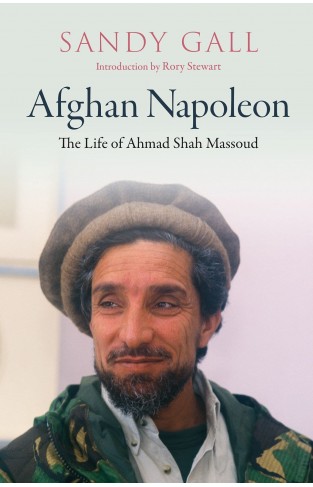
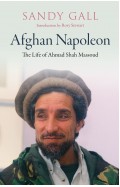
-120x187.jpg?q6)





